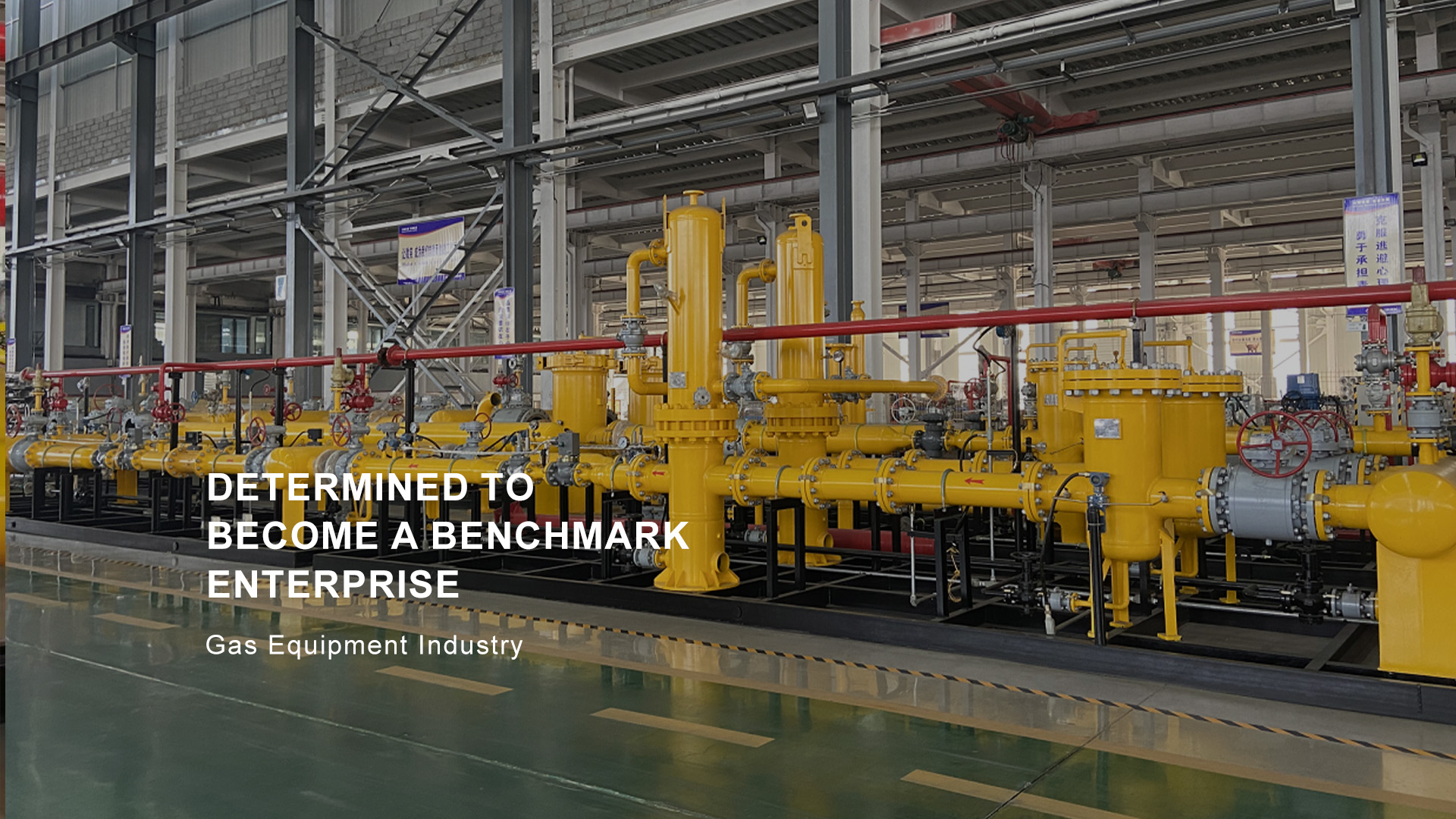
Sep . 15, 2024 00:09
Back to list
electric valve
The Advantages and Applications of Electric Valves
Electric valves play a crucial role in modern industrial automation, serving as indispensable components across various sectors such as water treatment, oil and gas, chemical processing, and HVAC systems. These valves operate using electric actuators to control the flow of fluids and gases, providing precise regulation and efficiency that traditional mechanical valves cannot match.
One of the primary advantages of electric valves is their ability to offer accurate control over flow rates. The electric actuator allows for fine adjustments, enabling operators to set the valve position with great precision. This is particularly important in processes that require strict adherence to flow specifications, such as in chemical reactions where the correct mixture of substances can significantly affect the outcome and safety of the process.
Moreover, electric valves can be integrated into automated systems and controlled remotely. This level of integration is essential in environments where manual operation might be impractical or unsafe, such as in high-pressure or hazardous conditions. With the advancement of IoT (Internet of Things) technology, operators can monitor and control electric valves from anywhere, ensuring timely responses to changes in system parameters.
electric valve

Electric valves also offer significant advantages in terms of energy efficiency
. Unlike pneumatic or hydraulic valves, which require additional energy inputs for actuation, electric valves can minimize energy consumption by using efficient motors that consume power only during the actuating phase. This not only reduces operational costs but also contributes to sustainability efforts by lowering the overall carbon footprint of industrial operations.Maintenance is another area where electric valves excel. Many electric valve designs are robust and require less frequent maintenance compared to their mechanical counterparts. With fewer moving parts and the absence of a need for pneumatic connections or oiling, electric valves can often operate reliably for extended periods. Additionally, modern electric valves often come equipped with diagnostic features that provide real-time feedback on their performance, allowing for proactive maintenance and reducing the risk of unexpected failures.
In terms of applications, electric valves are used across a broad spectrum of industries. In water treatment facilities, they regulate water flow through various treatment processes. In the oil and gas sector, they control the flow of crude oil and natural gas with utmost precision to ensure compliance with safety regulations. Moreover, in HVAC systems, electric valves manage the flow of air and refrigerants, contributing to energy-efficient climate control in residential and commercial buildings.
In conclusion, electric valves represent a significant advancement in fluid control technology, offering unparalleled precision, efficiency, and ease of maintenance. Their integration into automated systems not only enhances operational performance but also plays a vital role in promoting energy efficiency and sustainability across various industries. As technology continues to advance, the applications and benefits of electric valves will undoubtedly expand, solidifying their place as a fundamental component in the future of industrial automation.
Next:
Latest news
-
Safety Valve Spring-Loaded Design Overpressure ProtectionNewsJul.25,2025
-
Precision Voltage Regulator AC5 Accuracy Grade PerformanceNewsJul.25,2025
-
Natural Gas Pressure Regulating Skid Industrial Pipeline ApplicationsNewsJul.25,2025
-
Natural Gas Filter Stainless Steel Mesh Element DesignNewsJul.25,2025
-
Gas Pressure Regulator Valve Direct-Acting Spring-Loaded DesignNewsJul.25,2025
-
Decompression Equipment Multi-Stage Heat Exchange System DesignNewsJul.25,2025

